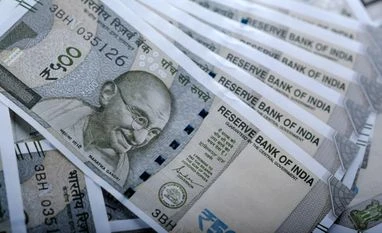With challenging days ahead in the retail loan segment, L&T Finance (LTF) has lowered its guidance for net interest margin (NIM) plus fees to the 10.5-11 per cent range from the earlier indicative range of 10.75-11.25 per cent in FY25.
Sachinn Joshi, the company’s chief financial officer, told Business Standard that these are not normal times and there will be some tweaks in NIM plus fees by 25 basis points. The company has almost completed the retailisation of its loan book, with just 4 per cent of the wholesale book remaining. The advantage of the change in mix is now complete.
NIM plus fees inched up marginally by two basis points to 10.86 per cent in Q2FY25 from 10.84 per cent in Q2FY24. However, sequentially, they declined by 22 basis points from 11.08 per cent in the quarter ended June 2024 (Q1FY25).
Stress may push credit costs further
There is a likelihood of an increase in credit costs, given the challenges in segments like microfinance. The company may dip into a macro prudential corpus of over Rs 950 crore for making provisions, Joshi said. However, he did not indicate credit cost estimates.
Reflecting signs of building stress, credit costs rose to 2.59 per cent in Q2FY25 from 2.58 per cent a year ago. Sequentially, they increased by 22 basis points from 2.37 per cent in Q1FY25.
Gross non-performing assets (NPAs) declined to 3.19 per cent in Q2FY25 from 3.27 per cent in Q2FY24. However, net NPAs rose to 0.96 per cent in Q2FY25 from 0.82 per cent a year ago.
More From This Section
Tempering retail growth to protect profile
While retail disbursements grew by 12 per cent year-on-year (Y-o-Y), the outstanding retail book expanded by 28 per cent Y-o-Y to Rs 88,975 crore at the end of September 2024. Assuming a worst-case scenario where the issues in the micro-lending space persist and the company continues to adopt a calibrated approach, overall growth may be around 15-20 per cent. This is more of a transient step and not a change in policy, Joshi added.
The consolidated loan book size grew by 18 per cent Y-o-Y to Rs 93,015 crore at the end of September 2024, up from Rs 78,734 crore a year ago.
)